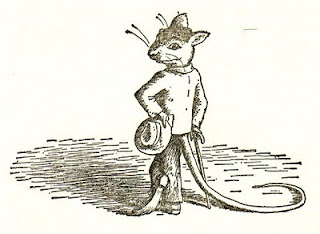I'm about halfway through, and I find myself with a bit of a dilemma. I predict that the main character, Mattie, is going to have a choice to make at the end. She loves words and writing and wants to go to college, something that not many young women in the early 20th century managed to do. On the other hand, she is being courted by Royal Loomis, and she is liking it. However, I'm afraid those two paths for her future are, unfortunately, mutually exclusive. As Mattie said,
Miss Wilcox had books but no family. Minnie had a family now, but those babies would keep her from reading for a good long time. Some people, like my aunt Josie and Alvah Dunning the hermit, had neither love nor books. Nobody I knew had both.
Maybe I'll be wrong, and Mattie will get to be the person who has both. But somehow I don't think the ending will be that easy. And that brings me to my dilemma: which do I think Mattie should choose, love or books?
I find myself really hoping she will get together with Royal. He offers her something she doesn't have in her own family - stability. Since Mattie's mother died, her family has really struggled financially, and her father is distant and angry all the time. Royal seems like a steady, hard working guy who would always provide for Mattie. Even as I write that, a little voice in the back of my head keeps saying, "But he doesn't respect her love of learning. They don't have enough in common to have a good relationship." Probably so. I keep falling into that same old trap girls have fallen into for centuries: "OK, so he's not perfect now, but he'll learn to respect the things that matter to her." Uh-huh.
So, she rejects Royal and finds a way to go to college. That would be the more 21st-century thing to do. Who says a woman needs a relationship to define who she is? Mattie can be true to her self and to her talents and not let anything stand between her and her dreams. Though giving up her chance with Royal might be hard in the short run, she will probably eventually find love with someone who is more in tune with her intellectually. If she married Royal, she would be stuck in a life of drudgery on his farm, and he shows some signs of being a little rigid in his attitudes. Why should she sacrifice her own dreams to live his dreams? I can't let the old romantic fairy tale of love cloud the reality of her life. She's better off without Royal.
Yet, the enlightened and liberated professional woman I like to pretend I am seems to be losing out at this point to the romantic reared on lots of "happily ever after" stories.
I don't know how it's going to turn out - and I am absolutely resisting the strong urge I feel to flip ahead and see!


